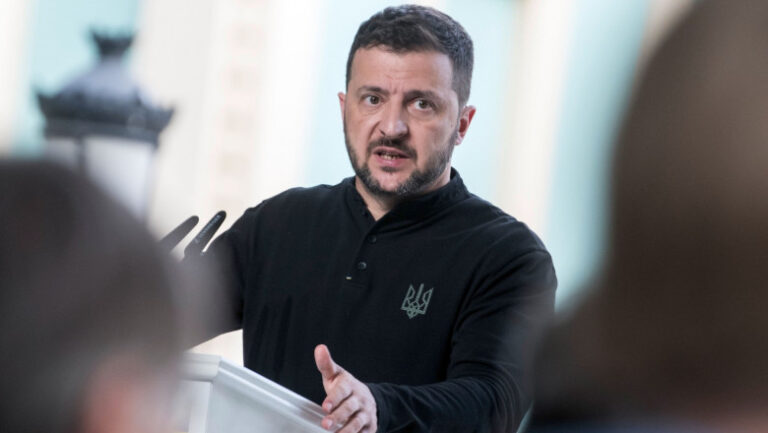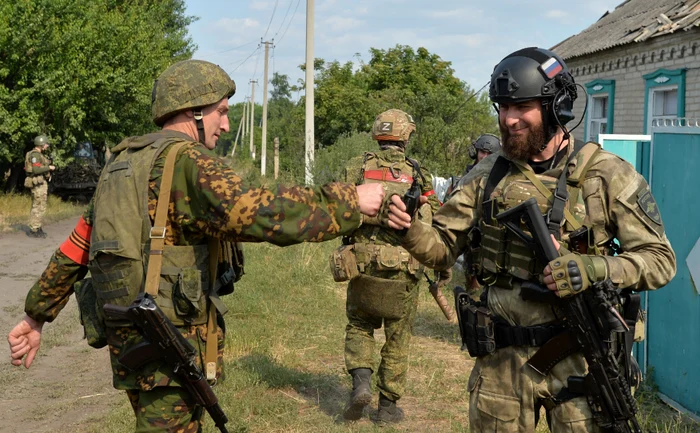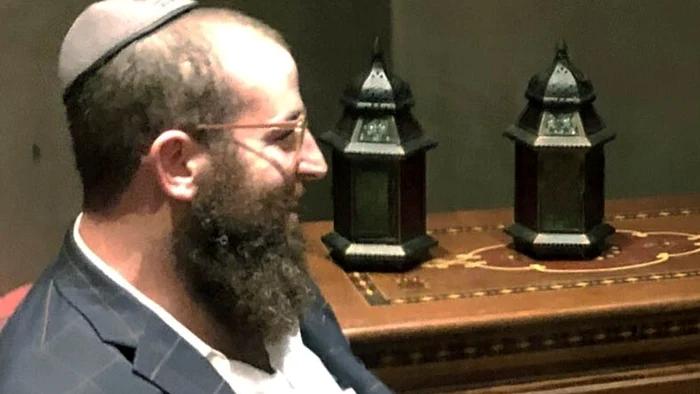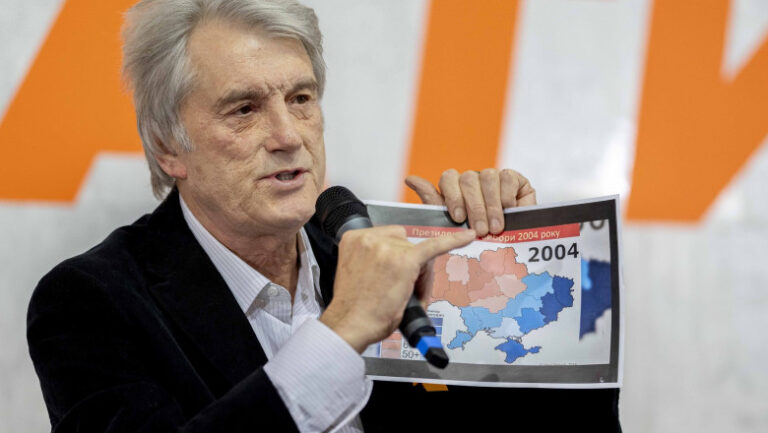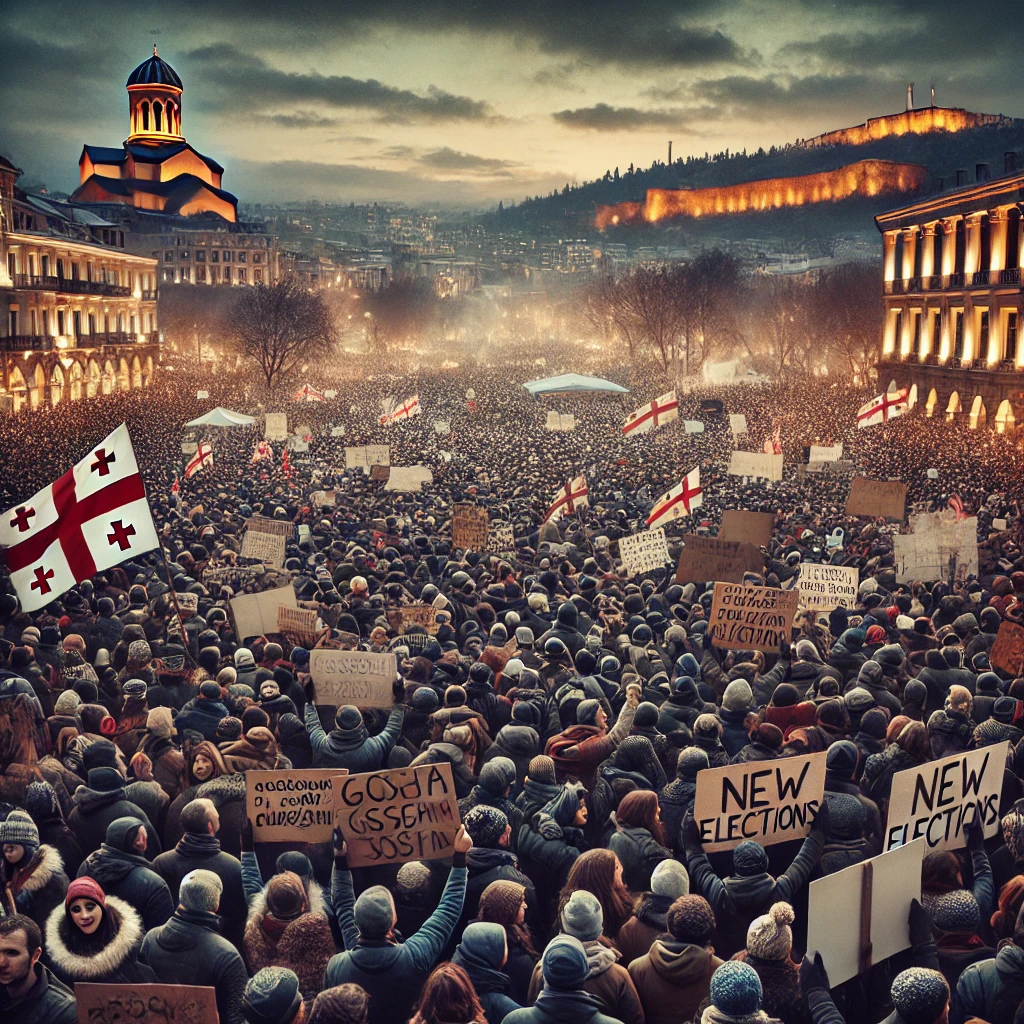
Introduction
On November 4, 2024, thousands of Georgians gathered in the heart of Tbilisi to protest the results of the October 26 legislative elections, which were won by the ruling Georgian Dream party. Opposition leaders, supported by Georgia’s pro-Western President Salome Zurabishvili, claim electoral fraud and demand new elections under international supervision.
Thousands Demand Electoral Justice
The protests have taken on a more intense and permanent nature as leaders like Tinatin Bokuceava, a prominent opposition figure, urge supporters to make their voices heard actively on the streets. “The importance of the policy of non-recognition of elections,” Bokuceava explained, is vital to ensure the authorities consider their demands. She went on to say that the opposition will not relent until the Georgian Dream party of Prime Minister Irakli Kobajidze is unseated.
Kobajidze, who is perceived by the opposition as pro-Russian, has denied any electoral misconduct. His party secured approximately 54% of the vote, while the opposition gained nearly 38%. Bokuceava assured protesters, “We have planned everything and we will achieve victory,” promising that regions outside Tbilisi would join the movement.
Government’s Response to the Protests
Prime Minister Kobajidze challenged President Zurabishvili to substantiate her claims of a “sophisticated” electoral fraud scheme. During his campaign, he had warned that a pro-European government might involve Georgia in a new conflict with Russia—a reference to the 2008 Russo-Georgian War over the separatist regions of Abkhazia and South Ossetia.
International Reactions and Observers’ Findings
While Russian officials have denied any interference in the Georgian election, international observers from the Organization for Security and Co-operation in Europe (OSCE) and the Office for Democratic Institutions and Human Rights (ODHIR) documented a high turnout and a wide range of political alternatives. However, they also noted cases of voter intimidation, particularly among public-sector employees.
President Zurabishvili’s Support and Future Steps
Zurabishvili, who aligns herself with pro-European ideals, expressed her solidarity with the protesters. She referenced the recent victory of Maia Sandu in Moldova, stating, “Moldova has won, and Georgia must not give up either.” Zurabishvili’s calls for an international investigation have thus far been met with resistance from the government, which launched an inquiry of its own into the alleged fraud.
As the protests persist, it remains to be seen how this political confrontation will unfold in Georgia. For now, both domestic and international audiences watch as the demand for electoral integrity tests the resilience of the nation’s democratic processes.


